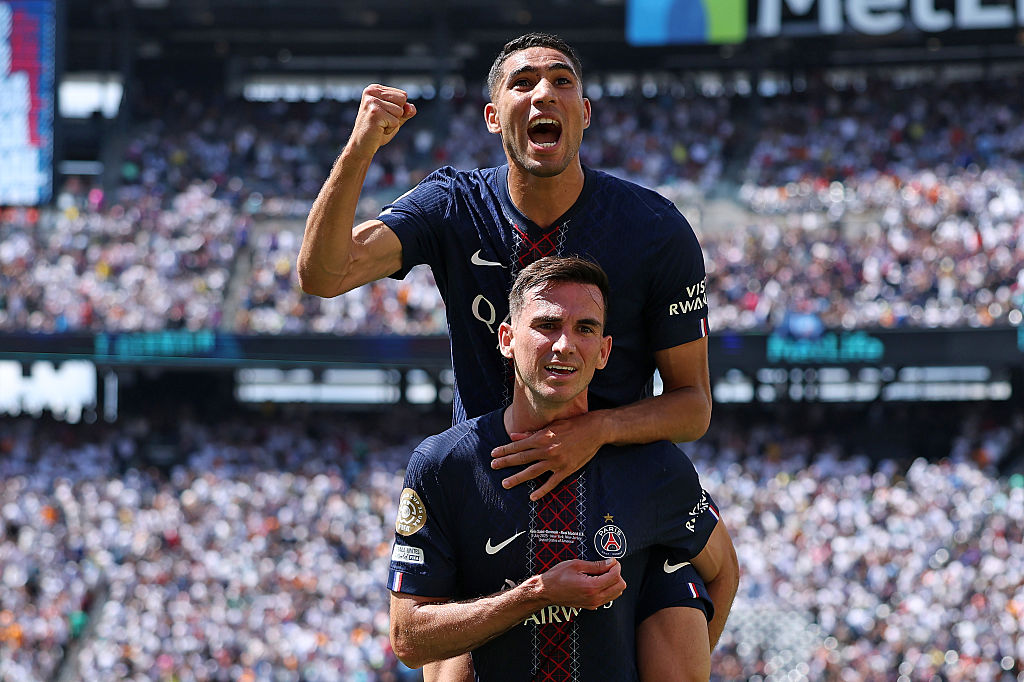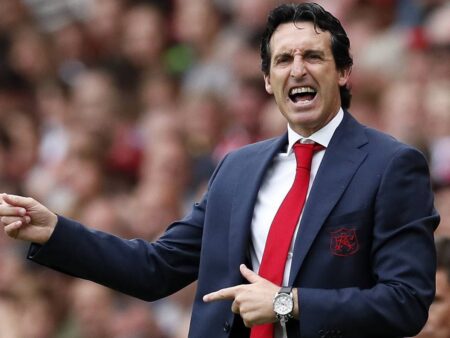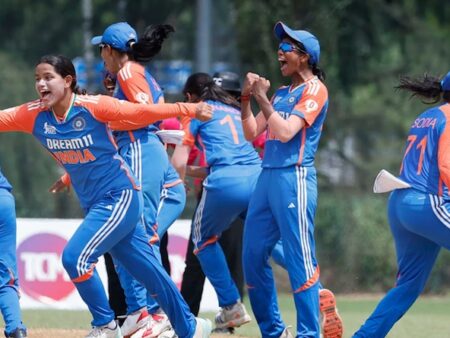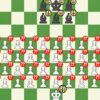
In a highly anticipated Club World Cup semifinal clash marked by the notable return of Kylian Mbappe against his former side, Paris Saint-Germain delivered a performance of overwhelming dominance, securing a resounding 4-0 victory over Real Madrid. The result not only propels the Parisian club into the final but also serves as a powerful statement of their current form and tactical evolution.
Despite both teams facing late arrivals and navigating initial logistical hurdles, PSG wasted no time in asserting control. The opening goal arrived within just six minutes via Fabian Ruiz, setting a tone that Real Madrid simply could not match. PSG`s disciplined structure and efficient pressing repeatedly capitalized on Madrid`s errors, dismantling their defense throughout the first half.
Ousmane Dembele, continuing his impactful season, added the second goal with a display of sharp anticipation and finishing, moments after Ruiz completed his brace to make it 3-0 inside the first 25 minutes. For Xabi Alonso`s Real Madrid, the early deficit compounded tactical struggles, particularly evident in their decision to deploy a back four which seemed ill-suited to the pace and pressure PSG applied.
The match was notable for Kylian Mbappe`s first start back against his old club. However, the much-hyped narrative surrounding his return was quickly overshadowed by PSG`s collective superiority. This Parisian squad, under Luis Enrique, has visibly transformed, moving beyond a reliance on individual superstars like the past era featuring Messi and Neymar, to a cohesive, high-functioning unit capable of sustaining peak performance even deep into the season, as this 64th game demonstrated.
For Real Madrid, this semi-final represents a significant setback and a crucial learning experience. Alonso acknowledged the travel issues, but the root of the defeat lay deeper, exposing tactical vulnerabilities and revealing areas where the squad needs reinforcement or adaptation. The performance suggested that Real Madrid`s current setup might be stronger with a back three, which allows greater attacking freedom for players like Francisco Garcia, though this configuration presents its own challenges regarding player inclusion, specifically impacting Rodrygo.
With potential squad changes looming, perhaps signaled by Luka Modric`s likely departure, this dominant display from PSG highlights the significant gap Real Madrid currently faces in challenging Europe`s elite. Meanwhile, PSG now looks ahead to the Club World Cup final, where they will face Chelsea. Having secured their first Champions League title recently, capturing the Club World Cup would mark another historic milestone, cementing their status as the premier force in global club football.
The comprehensive 4-0 scoreline was more than just a win; it was a tactical dismantling that showcased PSG`s evolution and served a stark reminder to Real Madrid of the work required to compete at the very highest level.










